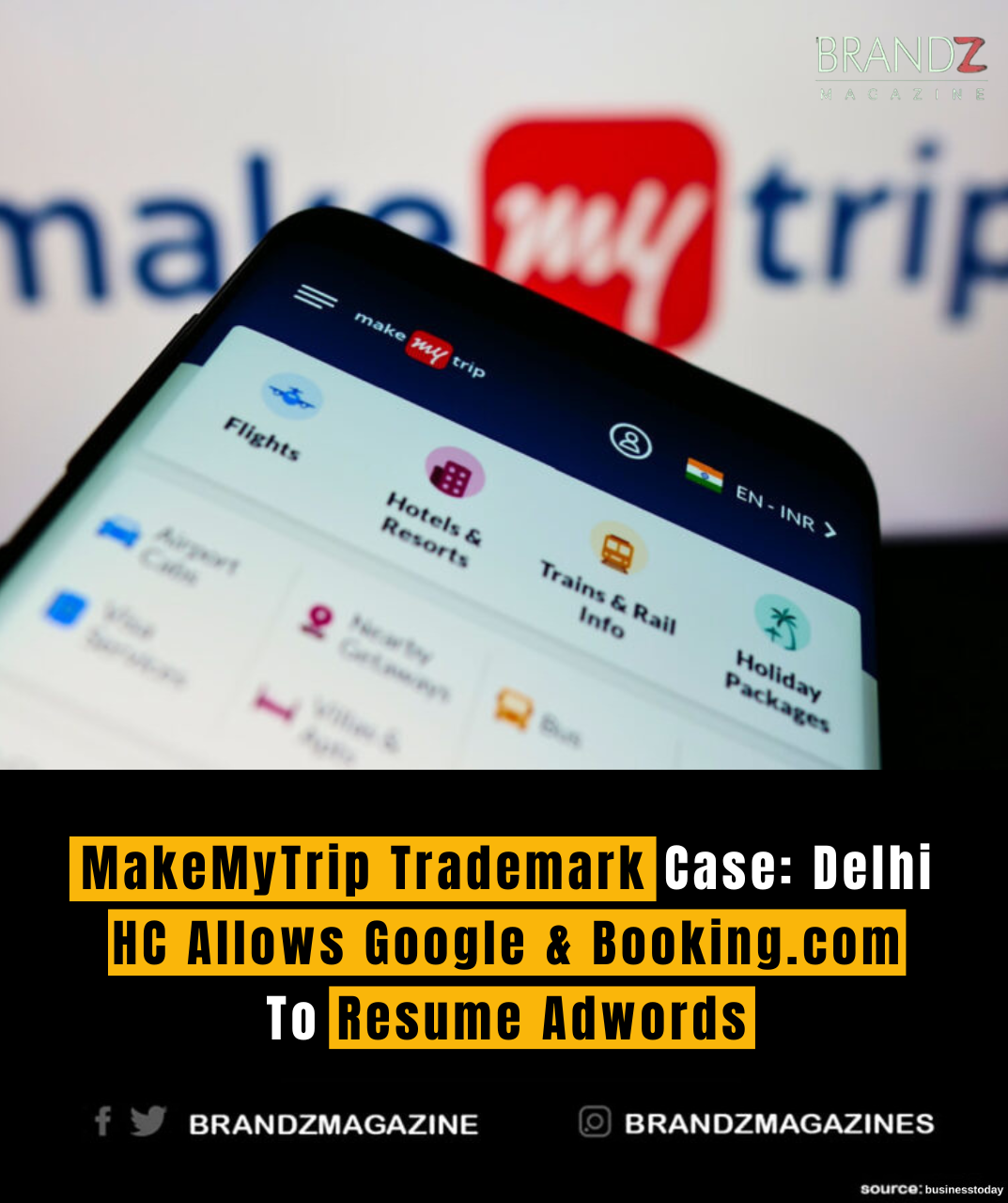
In a recent development in the MakeMyTrip trademark case, the Delhi High Court has granted permission to Google and Booking.com to resume the use of AdWords related to the MakeMyTrip brand. This decision marks a significant development in the ongoing legal battle over trademark infringement and the use of brand names in online advertising.
The trademark dispute arose when MakeMyTrip, a prominent online travel agency, filed a case against Google and Booking.com, alleging that the use of its trademarked name in the AdWords program was causing confusion among consumers and diluting the distinctiveness of its brand.
The AdWords program, run by Google, allows advertisers to bid on specific keywords related to their products or services. When users search for those keywords, the advertiser’s ads may appear at the top or bottom of the search results. In this case, MakeMyTrip argued that the use of its trademarked name by Google and Booking.com in AdWords was leading users to ads of competing services, creating a likelihood of confusion.
The Delhi High Court’s decision to allow Google and Booking.com to resume the use of AdWords related to MakeMyTrip is based on certain conditions. The court has directed the defendants to ensure that the AdWords program does not lead to any confusion among consumers. This includes implementing measures to prevent the display of ads that could mislead users into believing they are dealing with MakeMyTrip when they are engaging with competitors.
The court’s decision takes into account the balance between protecting trademark rights and ensuring fair competition in the digital advertising space. While trademark owners have a legitimate interest in safeguarding their brand identity, online platforms like Google also play a crucial role in providing a level playing field for advertisers and enabling healthy competition.
This case reflects the complexities and challenges associated with trademark protection in the digital age. As online advertising platforms continue to evolve, courts are tasked with navigating the fine line between protecting intellectual property rights and fostering an environment conducive to innovation and competition.
For Google and Booking.com, the court’s decision provides an opportunity to continue leveraging the AdWords program while adhering to the specified conditions. It underscores the importance of implementing effective measures to prevent consumer confusion and ensure transparency in online advertising practices.
Trademark disputes in the digital realm are not uncommon, and they often involve considerations of consumer perception, market competition, and the evolving nature of online platforms. The Delhi High Court’s decision in this case may set a precedent for how similar disputes are approached in the future, emphasizing the need for a balanced and nuanced understanding of trademark issues in the digital advertising landscape.
As the digital ecosystem continues to witness rapid changes, legal frameworks and court decisions play a crucial role in shaping the dynamics of online business and intellectual property protection. This case serves as a reminder for businesses and online platforms to carefully navigate trademark considerations in their advertising practices, taking into account both legal requirements and the evolving expectations of consumers.
In conclusion, the Delhi High Court’s decision to allow Google and Booking.com to resume the use of AdWords related to MakeMyTrip comes with specific conditions aimed at preventing consumer confusion. The case highlights the challenges associated with trademark protection in the digital era and emphasizes the importance of finding a balance between safeguarding intellectual property rights and fostering fair competition in online advertising.

